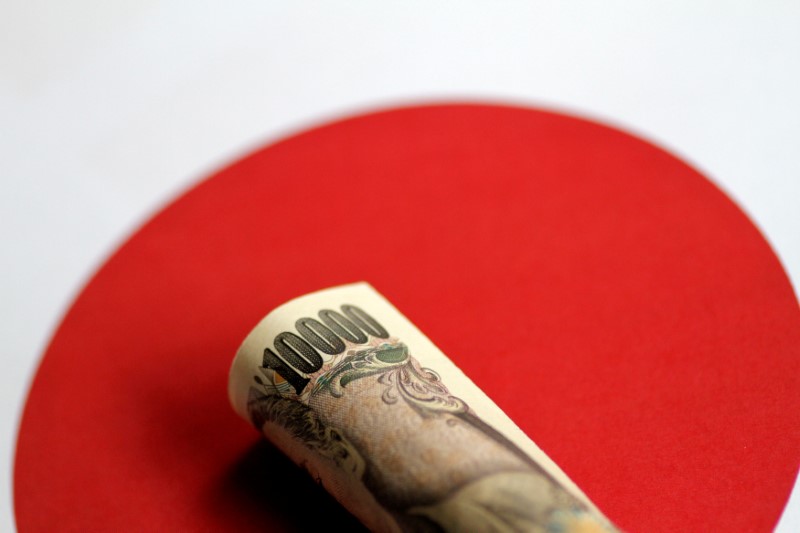The Asian markets saw a quieter day on Tuesday, following the strong pushback in the Yen and Yuan on Monday. The 10-year Japanese government bond yield rose to 0.7210%, the highest since January 2014. The Bank of Japan (BOJ) Governor Ueda's comments over the weekend about a possible end to negative rates this year were met with more nuanced interpretations by various Japanese government officials.
Finance Minister Suzuki and Chief Cabinet Secretary Ueda expressed their expectation for the BOJ to closely communicate with the Japanese government and conduct policy appropriately. A senior official from the Liberal Democratic Party, Seko, interpreted Governor Ueda's media interview as an indication that the BOJ will continue with easing until after the 2% inflation rate is achieved.
In China, the People’s Bank of China (PBOC) issued a statement essentially asking market participants to stop speculating against the renminbi, following a tweak in a short-term policy rate. State-owned banks also sold U.S. dollars, causing the renminbi to rise.
UBS advised that verbal intervention in currency markets needs to be supported by changing fundamentals for a lasting impact. They suggested that these changing fundamentals could be in place if the BOJ trims back on its easy policy. Yield Curve Control (YCC) is expected to be the first target, with Deutsche Bank (ETR:DBKGn) predicting it to end in October, followed by an end to negative rates.
However, UBS warned that complacency from the BOJ could set the stage for USD/JPY to spike up again. Amid these developments, USD/JPY was bidding at the day's highs, having retraced around 50% of Monday's Yen gains on Ueda's comments.
In other news, shares of troubled Chinese real estate developer Country Garden rose by approximately 10% as it announced that 6 out of 8 onshore Yuan bonds have agreed to extend by 3 years. China Evergrande (HK:3333) also rose by 16%, with the Hang Seng Mainland Properties Index increasing by 1.5% during morning trading.
Japan's Nikkei led Asia, up 0.8% in a mixed day for equities, with most indices still struggling to break into positive territory after opening lower. In Australia, business confidence remained stable compared to the prior month, while consumer confidence fell in both weekly and monthly measures. U.S. equity futures were slightly down in Asian trading.
This article was generated with the support of AI and reviewed by an editor. For more information see our T&C.
